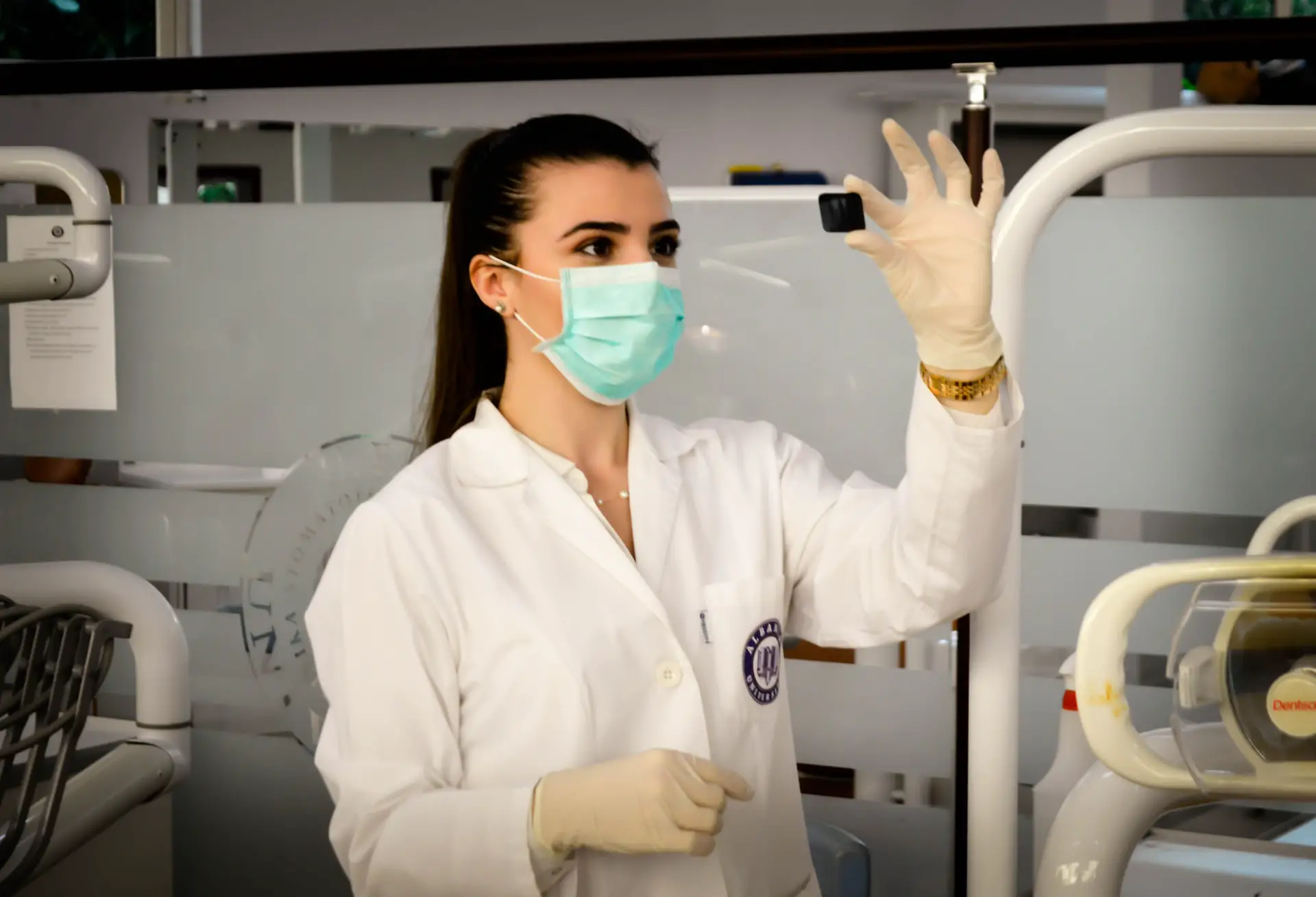The 50-year-old nonprofit institution, National University, announced the launch of a new virtual reality training initiative to facilitate hands-on clinical experiences in a simulated environment for nursing students. The platform will enable the students to practice and hone skills needed on the job digitally without compromising the health and safety of patients or other students amid the pandemic.
Dr. Gloria McNeal, the Associate Vice President for Community Affairs in Health at National University, said, “As communities grapple with restrictions required to keep individuals and families safe during the pandemic, health care educators are finding new ways to simulate the on-the-job experiences and complex social and patient interactions that occur every day in health care settings.”
“This work is about augmenting our traditional methods of nurse education with innovative ways of providing opportunities for practicum and instruction despite the limitations imposed by the current pandemic,” she added.
The Health Resources and Services Administration has awarded a two-year, $200,000 grant for the pilot program. It will be designed with a mission to increase access to quality health care for underserved communities. The Department of Nursing at National University’s College of Professional Studies is amongst the five programs to be honored with the award across the nation.
Moreover, Las Patronas, a philanthropic organization dedicated to supporting community services in San Diego County, put in nearly $50,000 for the program to fund the purchase of approximately 70 virtual reality headsets. And the San Diego County Board of Supervisors added another $25,000 for software and programming costs.
Dr. David Andrews, the President of National University, said, “At a time when higher education is responding to disruptions in the way we educate and prepare students for the workforce, this is a powerful example of how institutions can help provide continuity of learning.”
“Even in a field as complex as nursing and community health, faculty and academic leaders are finding new way ways to replicate the complex clinical, interpersonal, and decision-making skills required to ensure quality care.”
Follow us on LinkedIn
Read other Articles





